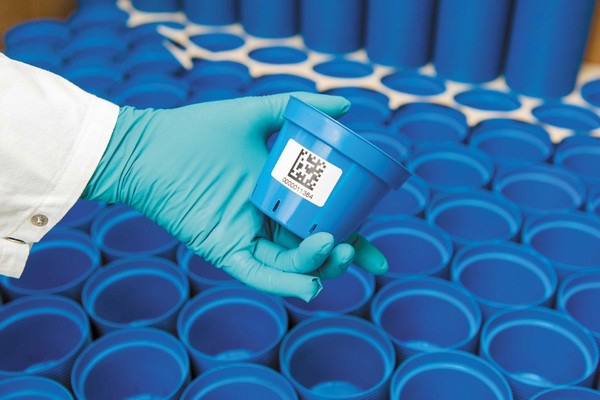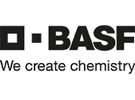The BASF Group's agricultural research station requires plant pots in large quantities every year. With the help of Pöppelmann TEKU, a supplier of plastic products for commercial horticulture, special pots made of 100 percent PCR were developed, the material of which is returned to the plastics specialist for recycling after use. TEKU uses the granulate to produce new recycled plant pots, which go directly back to BASF Agricultural Research - thus completely closing the material loop.

PCR plant pots from TEKU for agricultural research
Around 600,000 plant pots are needed annually for experiments in the greenhouses of BASF's herbicide research station at the Limburgerhof Agricultural Center. The black polystyrene plant pots previously used there ended up in waste incineration after use. This is now a thing of the past: BASF's research department wanted an environmentally friendly alternative and relied on the cooperation with Pöppelmann TEKU. The division of the Pöppelmann Group is, among other things, a supplier of plant pots made of 100 percent PCR. The plastics specialists developed a special pot for BASF's research, with which the material cycle is now closed.
30 tonnes of disposable plastic saved per year
TEKU product management developed the right pot, which was optimally tailored to BASF's requirements. It had to have a certain stability, be handled by robots, be easy to stack and unstack by machine, and be provided with a (water) resistant coding. One of the most important properties was the desired recyclability. The plant pot developed by TEKU consists of 100 percent PCR, i.e. post-consumer recycled material, which comes from the yellow bin, the yellow bag or other household recycling collections. It is manufactured in the individual color Circular blue BASF. After use, the pots are collected at BASF, granulated by a specialist supplier and returned to Pöppelmann. Here, new recycled plant pots are made from the granulate, which go directly back to BASF Agricultural Research, thus closing the material loop. In this way, BASF saves up to 30 tons of disposable plastic per year. The successful result of the cooperation with Pöppelmann TEKU for more sustainability also won the BASF sustainability competition #Plastic Challenge, with which the group awards internal projects that work to avoid and reduce as well as recycle plastic waste.
Closed-loop plant pots as a new benchmark
Pöppelmann TEKU sets standards with an extensive, further expanded range of resource-saving products. The TEKU products, divided into different categories of recyclability and recyclability, provide transparent information about the origin of the material used and the recyclability of the products. As part of the company-wide PÖPPELMANNblue initiative, which bundles all of the Pöppelmann Group's activities for a closed material cycle, TEKU developed, among other things, resource-saving plant pots in the Circular360 category. With the addition of colour and additives, these are made from 100 percent PCR HW, i.e. post-consumer recycled material from the yellow bin, the yellow sack or other household recycling collections. After use, the articles are 100 per cent recyclable - and thus close the material cycle.
And brand new: recently, the recyclable plant pots are even available in many trendy colors.
For more information:
Pöppelmann GmbH & Co. KG
Bakumer Straße 73, 49393 Lohne, Germany
+49 (0)4442 982 1600
ArnoZerhusen@poeppelmann.com
www.poeppelmann.com

 BASF
BASF